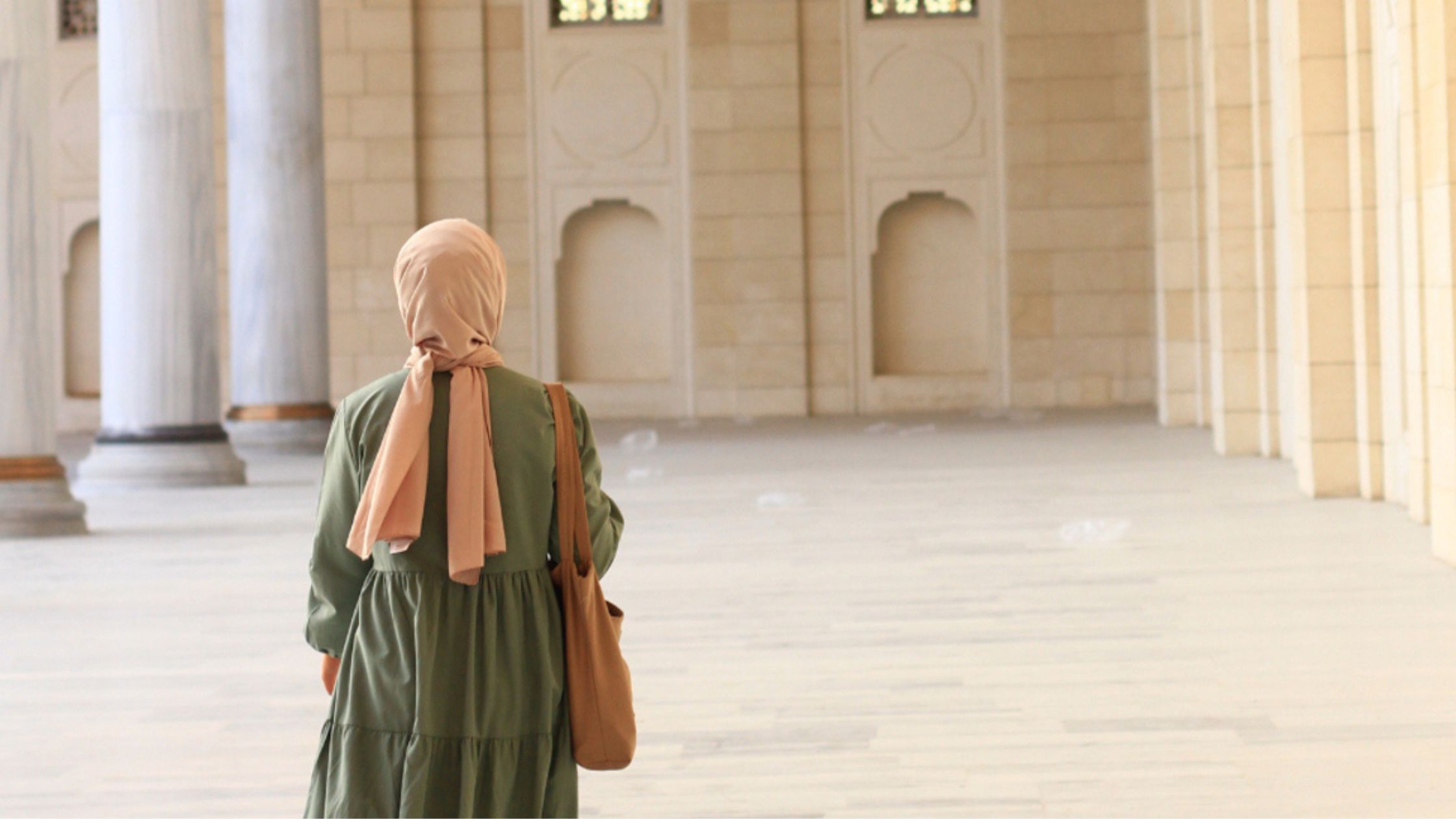Ramadan Anxiety: How to Manage Stress and Find Peace During Ramadan
Author : Dr Tulika Shukla | 17 Mar 2025

For many, Ramadan is a month of peace, reflection, and spiritual connection—but it can also bring unexpected stress and anxiety. With altered routines, social obligations, and heightened spiritual goals, it's easy to feel overwhelmed. Yet, by embracing simple strategies, you can ease that tension and fully experience the beauty of Ramadan.
Understanding Ramadan Anxiety
It's normal to feel anxious during Ramadan, especially with changes in routine, increased spiritual expectations, and social pressures. Understanding these feelings can help you manage them better.
Acknowledge your emotions: Ramadan is a period of growth, and feeling overwhelmed doesn’t mean you’re failing. Recognize your feelings without judgment.
Prioritize what matters: Focus on meaningful acts of worship and self-care instead of overloading yourself with unrealistic goals.
Practice mindfulness: Take a few moments each day to breathe deeply, pray with intention, and calm your mind.
1. Prioritize Your Physical Health
Your body and mind are deeply connected. When you care for your physical health, you strengthen your mental resilience.
Nourish your body: Break your fast with balanced meals rich in slow-releasing energy foods to sustain you throughout the day. Avoid excessive sugars and processed foods to maintain stable moods.
Stay hydrated: Dehydration can impact mood and energy. Sip water regularly during non-fasting hours to keep your mind clear and body energized.
2. Manage Your Sleep
Ramadan's altered schedule can disrupt your usual rest. Poor sleep can heighten stress and anxiety, so creating a healthy sleep routine is key.
Embrace naps: Short naps during the day can help replenish your energy. Even a 20-minute rest can improve focus and mood.
Limit screen time before bed: Blue light from phones and TVs can interfere with restful sleep. Try winding down with a calming book or prayer instead.
3. Strengthen Social Connections
Ramadan is a time of togetherness. Spending time with loved ones can be incredibly comforting and uplifting.
Gather for Iftar: Sharing meals brings warmth and strengthens emotional bonds. Invite family, friends, or neighbors to connect and reflect together.
Join community prayers: If attending the mosque isn’t possible, consider joining online prayer groups or spiritual discussions to feel connected.
4. Talk to Someone You Trust
Ramadan can bring intense emotions to the surface. Whether you’re struggling with anxiety, grief, or stress, sharing your thoughts can ease the burden.
Reach out to your Imam: Spiritual leaders can provide comfort and guidance during moments of doubt or sadness.
Seek professional support: Therapists and counselors can help you navigate your emotions while respecting your faith practices.
5. Practice Kindness and Good Deeds
Acts of kindness have a remarkable way of uplifting your spirit. During Ramadan, good deeds hold even greater significance.
Volunteer or donate: Supporting your community not only helps others but also nourishes your sense of purpose.
Small acts matter: A kind word, a thoughtful gesture, or a simple smile can brighten someone's day—and boost your own mental wellbeing.
6. Reflect and Write Down Your Thoughts
Ramadan invites us to pause and reflect. Writing can be a powerful way to process your emotions and track your spiritual growth.
Journal your journey: Note how fasting, prayer, and self-reflection shape your feelings. Writing down what inspires you can provide comfort during challenging moments.
7. Set Realistic Goals
Ramadan is a personal journey. Set goals that inspire growth but don’t overwhelm you.
Start small: Focus on meaningful actions like reading a few verses of the Qur'an daily or dedicating time to self-care.
Embrace progress: Don’t compare your journey to others—every step you take is a success.
8. Embrace Learning and Growth
Ramadan is a time to expand your understanding—both spiritually and emotionally.
Explore different resources: Podcasts, books, and spiritual talks can deepen your perspective.
Ask questions: Engaging in discussions at your mosque or with loved ones can offer fresh insights and strengthen your sense of purpose.
For Those Living with Mental Health Challenges If you have a mental health condition, remember that Islam encourages compassion and understanding. There are exceptions in fasting and prayer designed to prioritize your wellbeing. Speak openly with your doctor, Imam, or counselor about creating a Ramadan plan that aligns with your health needs. Ramadan is not about perfection—it’s about intention, connection, and growth. By nurturing your mental health, you honor your spirit and embrace Ramadan in its most beautiful form.






